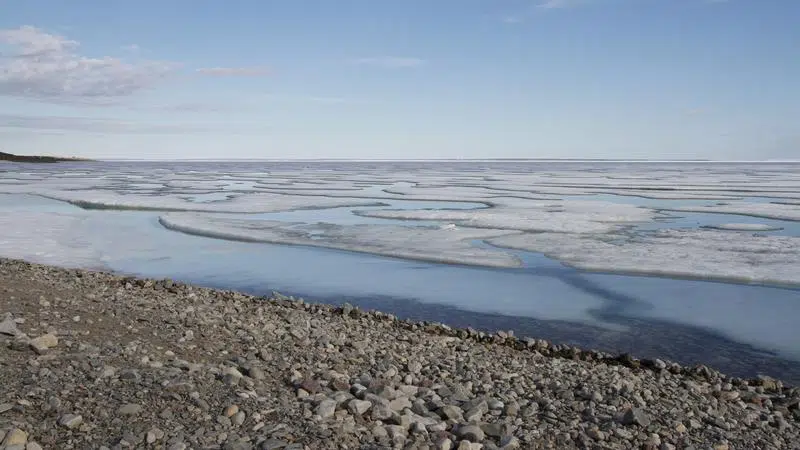
CHARBONNEAU: U.S challenges Canada’s Northwest Passage
PRESIDENT TRUMP PLANS to send ships into our Northwest Passage without Canada’s permission. Why he would want to provoke Canada — America’s closest ally and trading partner — is a mystery. If he succeeds, not only will he strain relations with Canada further but invite unintended consequences: if the Northwest Passage is international water as he claims, the same waterway is open to his perceived enemies as well.
Despite our differing opinions regarding the Northwest Passage, the U.S. and Canada came to an amicable solution in the past. The Americans maintain that the Northwest Passage is an international strait and while Canada argues it is internal waters. In 1988, President Ronald Reagan and Prime Minister Brian Mulroney agreed to disagree: the U.S. would ask Canada’s permission to send ships through the Northwest Passage and Canada would automatically agree. In this simple agreement between friends, neither concedes their position.
That friendship has been strained lately on a number of fronts by an egotistic U.S. president. He is preparing for a “freedom of navigation operation” through the Northwest Passage without asking us.


